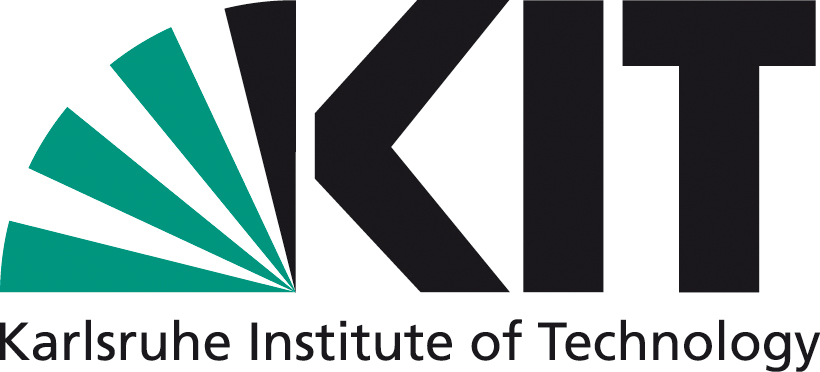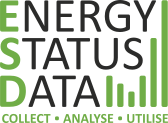Research Training Group "Energy Status Data – Informatics Methods for its Collection, Analysis and Exploitation"
The research-training group is funded by the German National Science Foundation (DFG) with funds from the Federal Government and the German states. It has started on May 1st 2016 and has a duration of 4.5 years.
An essential aspect is the consumption of energy, particularly of complex systems such as factories or IT infrastructures. Important points are the flexibilization of energy consumption, so that the share of locally generated 'green' energy increases, robustness of energy provisioning, or the efficient design of new energy systems serving these purposes. To accomplish this, a core prerequisite is a structured collection, storage and analysis of energy status data. Energy status data describes the provisioning of energy, its storage, transmission and consumption, be it the outcomes of measurements, be it metadata such as the extent of fatigue of batteries, be it other relevant data such as electricity rates.
This Research Training Group targets at the handling of energy-status data. To this end, an interdisciplinary approach (computer science, engineering, economics, law) is indispensable. It reveals new scientific challenges our Ph.D. students are confronted with as part of their education. For instance, we have observed that different planning and control purposes require data of different temporal resolution and at different aggregation levels. This varying granularity leads to the question how to find outliers in such data at the right level of abstraction. Other graduates benefit from new approaches that detect such outliers. They can now work more efficiently, e.g., can identify shortcomings of existing models of energy systems systematically. An example of such a model would be one describing the behavior of Li-Ion batteries. The infrastructure for energy research of the KIT Helmholtz sector such as the EnergyLab 2.0 will be subject/object of the Research Training Group to a significant extent; the persons responsible for these facilities are part of the principal investigators of this Research Training Group.
Contact
If you have any questions regarding the summer school, please feel free to contact us via mail: future-energy-systems ∂ energystatusdata.kit.edu

